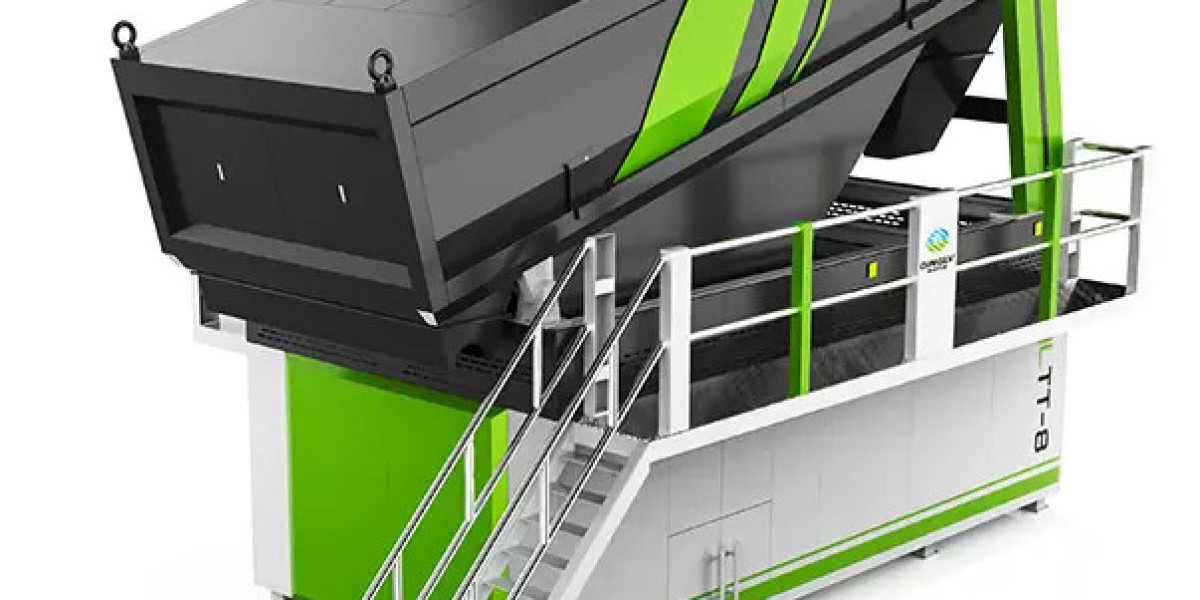QINGLV Construction and Demolition Waste classification accuracy is the key to ensure resource recycling and environmental protection. In order to ensure the accuracy of classification, we can start from the following aspects:
Photoelectric sensors can recognize the color, shape and texture of different materials. With high-resolution cameras and advanced image processing technology, photoelectric sensors can accurately identify different types of construction waste such as plastic, wood, and metal.
Infrared sensor
Infrared sensors can detect the temperature and thermal radiation characteristics of the object, which helps to distinguish organic and inorganic substances, especially when dealing with construction waste containing wood and plastic components.
Multistage sorting system
Primary sorting
Primary sorting usually includes crushing and screening. The large pieces of garbage are broken into smaller particles by the crusher, and then the garbage of different particle sizes is separated by the vibrating screen, and the large pieces of concrete, bricks, etc., are initially removed.
Intermediate sorting
Intermediate separation usually includes magnetic separation and wind separation. Magnetic separators can separate metal substances (such as steel bars, iron wires, etc.), and wind separators can separate lightweight materials (such as paper, plastic film, etc.) by wind.
Advanced sorting
Advanced sorting usually includes photoelectric sorting and manual sorting. The photoelectric sorter uses photoelectric sensor technology to accurately identify and separate waste of different materials. Manual sorting is to confirm the garbage after photoelectric sorting twice to ensure the accuracy of classification.
Intelligent control system
Machine learning and artificial intelligence
Through machine learning and artificial intelligence technology, sorting equipment can be trained to recognize different types of construction waste. These techniques can be trained with large amounts of sample data to continuously improve the accuracy and efficiency of recognition.
Real-time monitoring and feedback
The intelligent control system can monitor the sorting process in real time, and adjust the sorting parameters in real time through the data collected by sensors and cameras to ensure the accuracy of classification. At the same time, the system can also record and analyze the sorting results to provide optimization recommendations.
Manual assistance and quality control
Manual assistance
Although automated sorting equipment has become very advanced, in some cases, human assistance is still needed. For example, for some complex garbage, manual sorting can be performed twice to ensure the accuracy of classification.
Quality control
Establish a strict quality control system, and regularly calibrate and maintain the sorting equipment to ensure the stable performance of the equipment. At the same time, regular spot checks are carried out on the sorting results, and problems are corrected in time.
QINGLV Construction and Demolition Waste https://www.qinglvsorting.com/solution/Construction-and-Demolition-waste-Solutions.html







